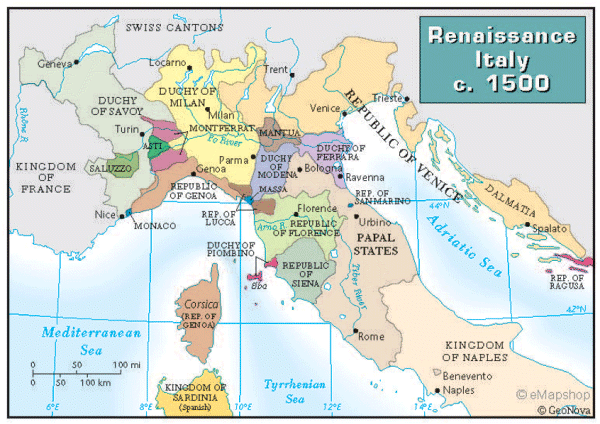Dramatis PersonŠ
- Prospero and his island "court"
- Prospero, the rightful Duke of Milan
- Miranda, daughter to Prospero
- Ariel, an airy spirit
- Caliban, a savage and deformed slave
- Ceres, presented by spirits
- Juno, presented by spirits
- Iris, presented by spirits
- Nymphs, presented by spirits
- Reapers, presented by spirits
- The court of Naples
- Alonso, king of Naples
- Ferdinand, son to the King of Naples
- Gonzalo, an honest old counselor
- Sebastian, the King's brother
- Stephano, a drunken butler
- Trinculo, a jester
- The court of Milan
- Prospero, the rightful Duke of Milan
- Miranda, daughter to Prospero
- Antonio, Prospero's brother, the usurping Duke of Milan
- Not appearing in the play ...
- Sycorax, Algerian sorceress, the previous exiled ruler of the island,
mother of Caliban
Themes
- Justice vs. Revenge
- Forgiveness
- Man vs. Nature
- Civilized man vs. the savage
- Magic (rational/knowledge-based vs.
natural/dark/evil)
- Love
- Father/child relationships
- Sibling rivalry
- Master and servant
- Freedom and slavery
- Villains and Heroes
- Knowledge: forbidden, desirable, withheld, etc.
- Books
Study Questions
- Some scholars have said that the play lacks
dramatic interest because Prospero is in control of everything. Do you agree
or disagree with that assessment. Why or why not?
- Consider the power of love in the play. Who loves
whom? How is love expressed. Is love powerful?
- Consider Ariel and Caliban
- slaves
- natural
- magical
- the "children" of Prospero
- Consider the multiple roles that Prospero plays.
Does Prospero have both heroic and villainous traits?
- Compare/contrast the villains in the play. Why
does Shakespeare present both comic and serious villains?


